
‘The answer to the question posed in the title is “very important” in relation to these two neighbouring regions. This provides further reason to examine the situation regarding the participation of Türkiye and the Turkic States in EU programmes.’

Senior Fellow for the Center for Fundamental Rights Bryan Leib congratulated Tibor Kapu on X after the Hungarian astronaut safely returned home from space after 20 days. Foreign Minister Péter Szijjártó of Hungary also did the same.

Hungary’s installed solar power capacity exceeded 8000 megawatts in June, helping reduce electricity imports below 20 per cent in the first half of 2025. Government support and storage expansion continue to drive the country’s green energy momentum.

The premier Hungarian stock index BUX, made up of 16 large-cap companies listed on the Budapest Stock Exchange, has also been outperforming other European indexes this year, such as the German DAX or the Eurozone’s EURO STOXX 50.

As Hungary’s Minister of Foreign Affairs and Trade stated in 2023: ‘Hungary and Qatar share the same position concerning the vast majority of the world’s gravest problems.’

Former Hungarian President János Áder says achieving climate neutrality by 2050 requires joint action from governments, banks, and citizens. His latest podcast explores the economic, financial, and regulatory challenges of green transformation.

Hungary has launched the Hungarian Spacelab Network, a joint initiative uniting nine universities, two ministries, and the national research network to strengthen the country’s presence in space research and innovation.
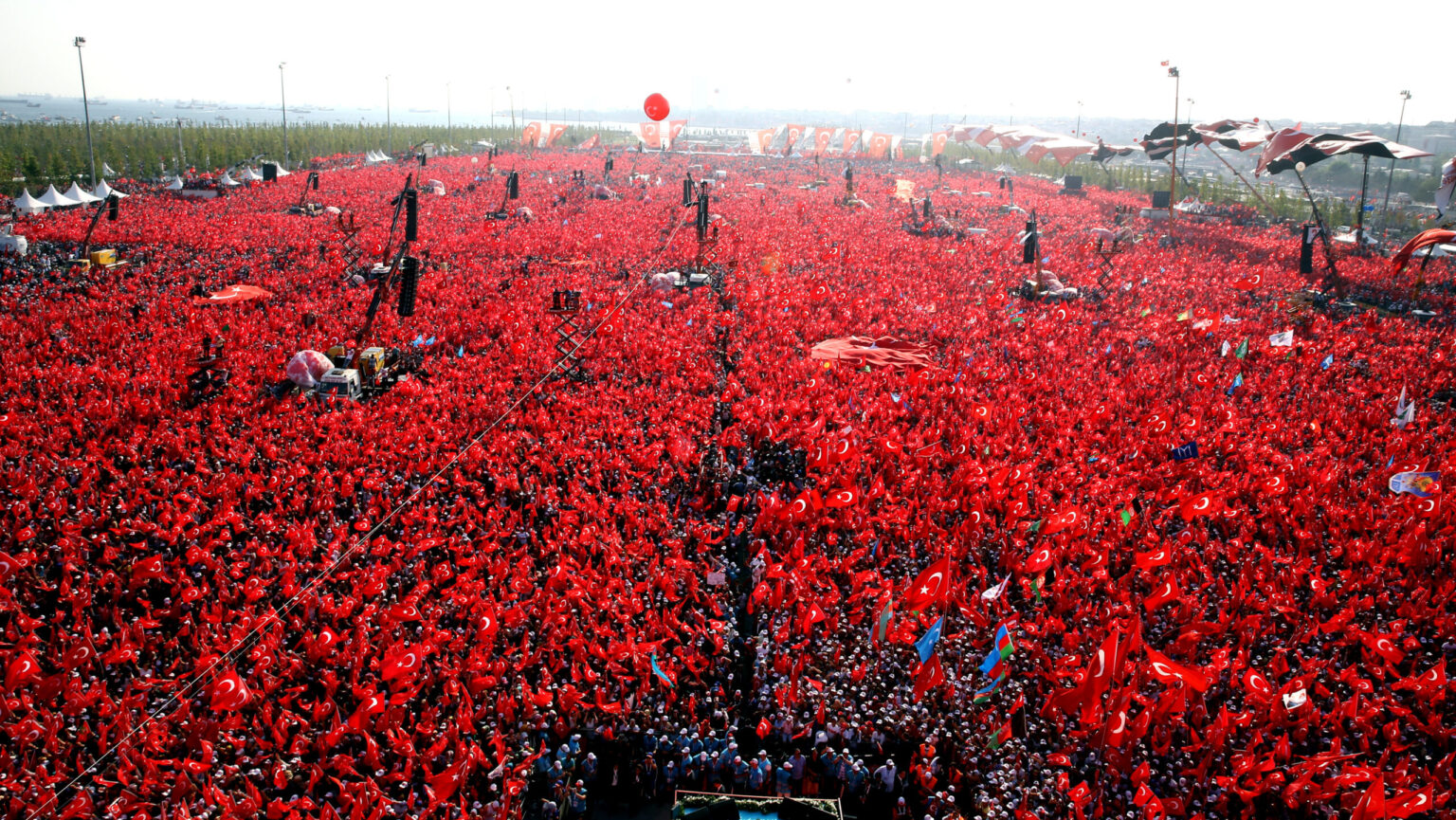
15 July has become a symbol of patriotism and democracy in Türkiye, as the Turkish people have commemorated the 2016 failed coup attempt against President Recep Tayyip Erdoğan every year since. This year, the presidency organized unprecedented international media events to honour the martyrs who lost their lives holding back the putschists.

‘How, then, can Hungary leverage the changes in the global monetary order to its advantage? By positioning itself as a hub for banking and finance across a range of currencies. This is where Hungary must draw on its…two key strengths: its geographic location and its diplomatic acumen…What is emerging is a ‘multipolar’ system of global money and banking…’
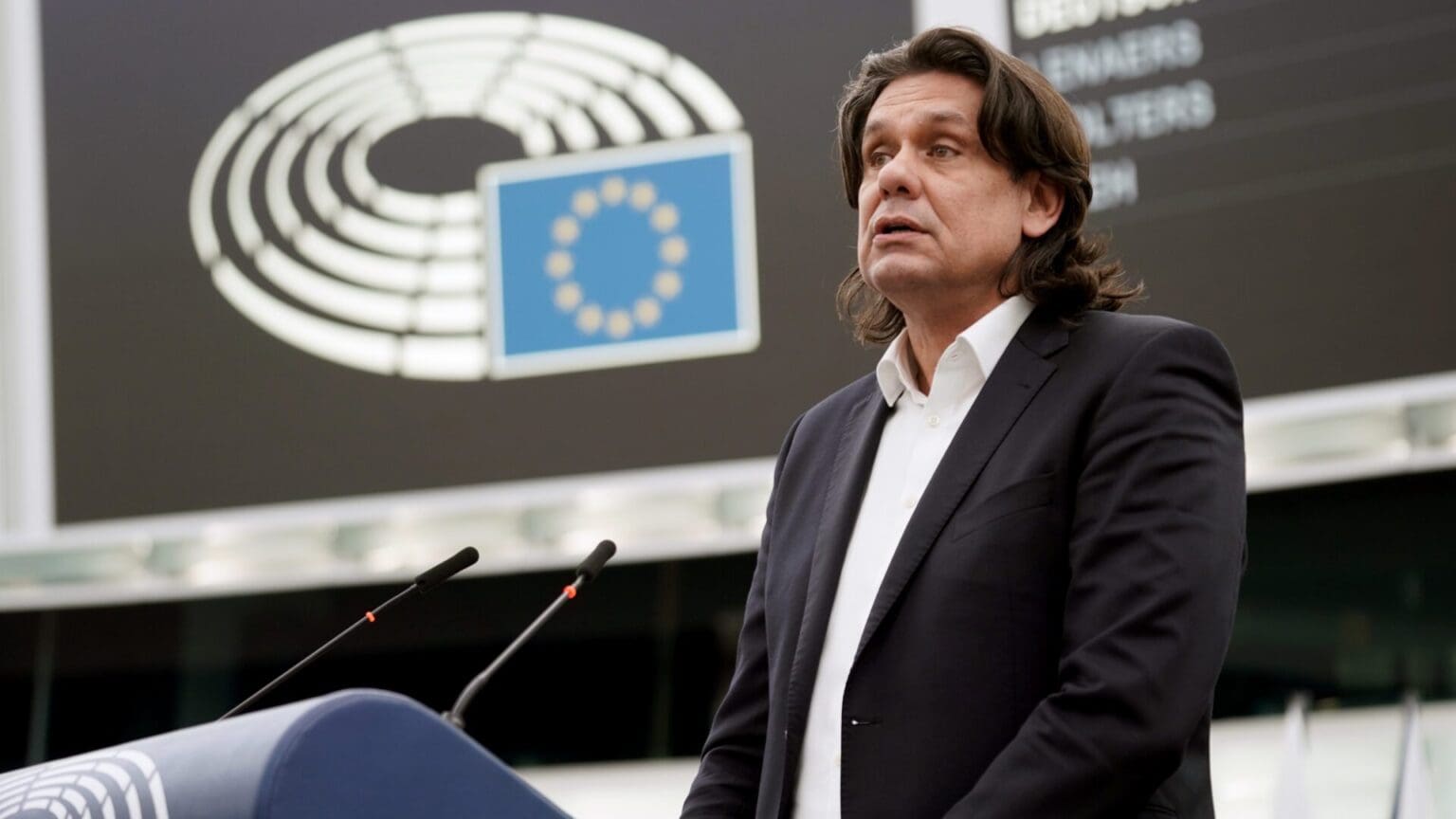
At the European Parliament last week, Fidesz MEP Tamás Deutsch accused Budapest Mayor Gergely Karácsony of coming to Brussels, Belgium and Strasbourg, France, to actively lobby against Hungary receiving its frozen COVID recovery and EU cohesion funds.

‘I’m a Jew who does not bow down and does not beg to be heard, but states his opinion without hesitation.’

A new exhibition at the Hungarian Railway Museum in Budapest guides visitors through 200 years of global railway history—from 19th-century British steam engines to modern Japanese bullet trains—marking the bicentennial of public rail transport.

On 13 July 2025, President Trump joined Chelsea’s celebrations after their shock 3–0 win over PSG in the FIFA Club World Cup final—exactly one year after surviving an assassination attempt. Another iconic photo was born in East Rutherford, New Jersey, this time under safer skies.

Debrecen has been named one of the top three finalists in the race for the 2027 European Green Capital title, joining Heilbronn (Germany) and Klagenfurt (Austria), the European Commission announced on Friday.

European Parliament Vice President Nicolae Ștefănuță has voiced support for the Stop Killing Games petition, advocating for gamers’ rights and calling for laws that prevent companies from permanently shutting down purchased digital games.

‘Hungaroring 86 turns out to be the dawn of a new, more global era for Formula One. Ecclestone will go on to build a truly worldwide audience, and for his troubles becomes a multi-billionaire, Britain’s fourth richest man. As the decades pass, his model of total audience capture, his style of petrol diplomacy, expands to ever wilder locales…Yet Hungary remains the place where East first met West.’

Public interest in artificial intelligence has surged, yet signs of fatigue are emerging. Once viewed as distant and abstract, AI now dominates tech discourse—but many feel overwhelmed. Drawing on theories of public attention and innovation, this article explores how AI hype may be outpacing society’s capacity—and willingness—to adapt.
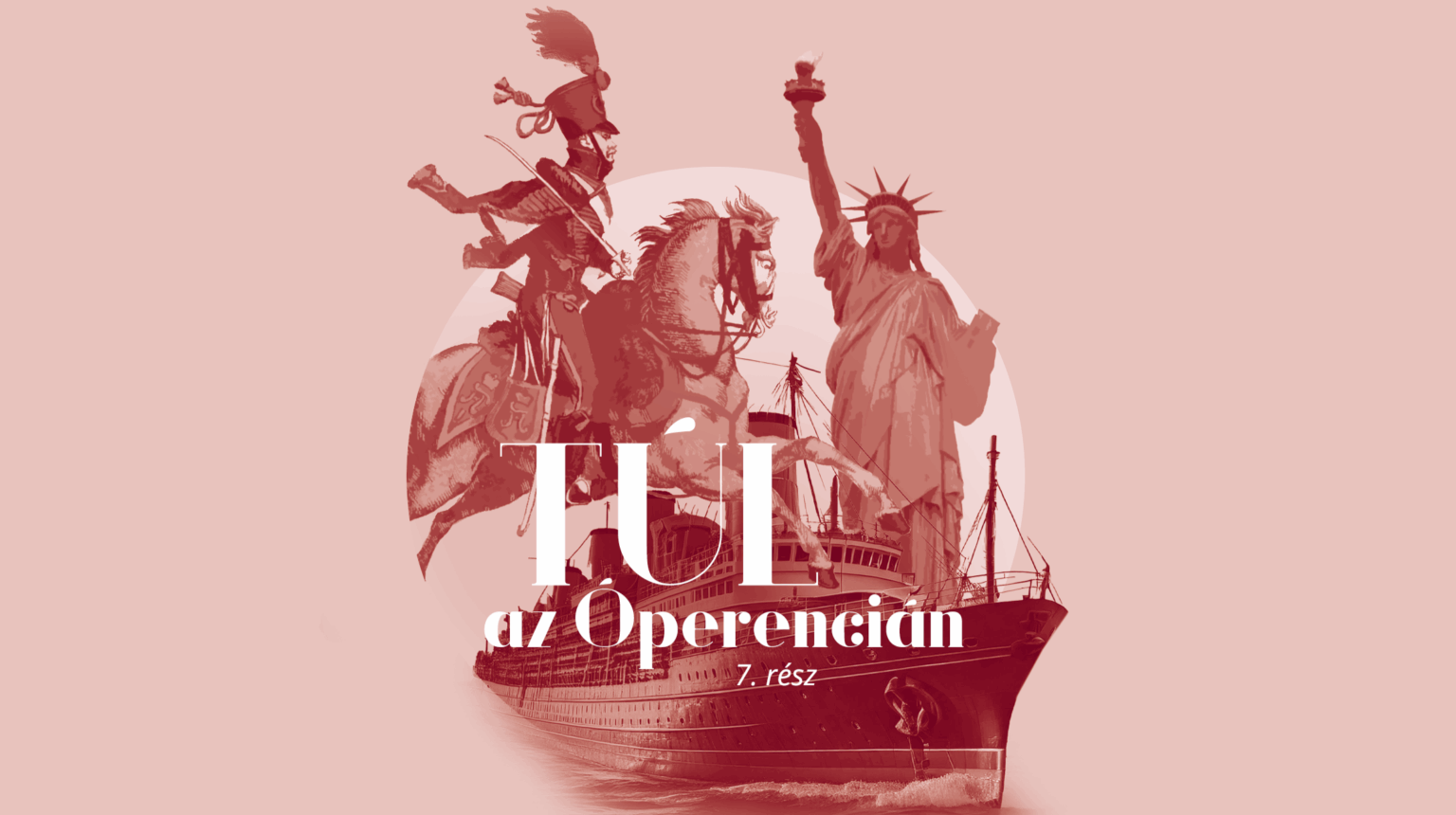
In its ‘Beyond the Óperencia’ series, Magyar Krónika is looking at the meeting points of America and Hungary, and at Hungarians in America, from penniless peasants to political emigrants and soldiers of fortune. In this part, let us explore the story of a 1848 émigré, László Újházy, who established a settlement with his family and other Hungarian refugees.

‘The main theme of the competition was to create a fitting representation of the Hungarian national anthem, one of the deepest sources of Hungarian national unity, in the place where its lyrics were written.’

‘For the Hungarian minority in Romania, Dan’s victory represents a clear political win—particularly given the decisive role the community played in securing it…His proposal to include the Democratic Alliance of Hungarians in Romania (UDMR) in the governing coalition has further reinforced a sense of security among Hungarian voters.’

‘St John of Capistrano became a martyr of Christian Europe for the papacy and the Franciscans, and in Hungarian historical thinking, he became the saviour of the homeland, sharing this role with the victorious leader John Hunyadi, who also died near Belgrade.’

‘The craft beer industry is incredibly unique. There’s a level of camaraderie and openness between brewers that you don’t see in many other industries. We respect each other; we are aware that our strength lies in unity—with big brands dominating, that’s the only way we can compete.’

Donald Trump seems to have lost patience with Vladimir Putin regarding peace talks aimed at ending the war in Ukraine, as the US president has shifted his tone and promised increased weapon shipments to Kyiv. It increasingly appears that Trump has been unable to bring peace to Ukraine, just as Volodymyr Zelenskyy failed to deliver on the same campaign promise during his early days as president.

At the inaugural Veteran Infantrymen Meeting in Tata, the Hungarian Defence Forces unveiled the Leopard 2 Leguan bridge-laying tank—a major step in battlefield mobility. This advanced system enhances the military’s ability to support heavy armour operations, marking a key milestone in Hungary’s defence modernization efforts.

Sziget Festival 2025 has introduced a discounted night ticket, giving festivalgoers access to late-night shows and new electronic music venues, including the Delta District. The Night Ticket by Revolut costs 21,900 HUF—35 per cent less than a full-day pass.
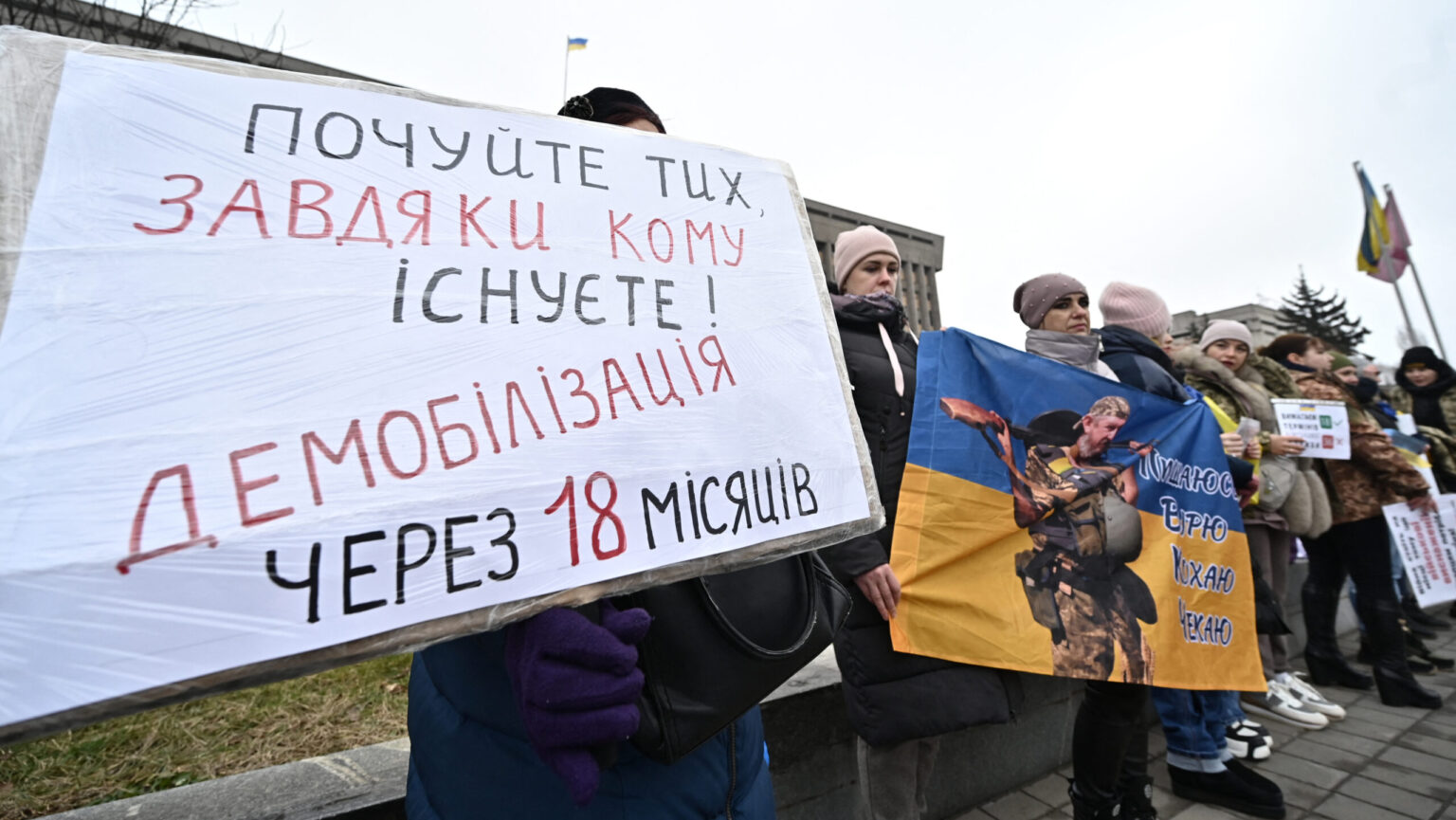
In a statement, the Ukrainian Armed Forces categorically rejected claims that conscription officers killed a Transcarpathian man by beating him to death with iron bars. The army said it is open to an investigation but warned foreign governments against spreading emotionally charged information.

In a radio interview, Prime Minister Viktor Orbán criticized Ukraine’s conscription practices after a Hungarian man died in custody, warning that admitting Ukraine to the EU means importing war. He also spoke on the economy, Audi, and youth housing.
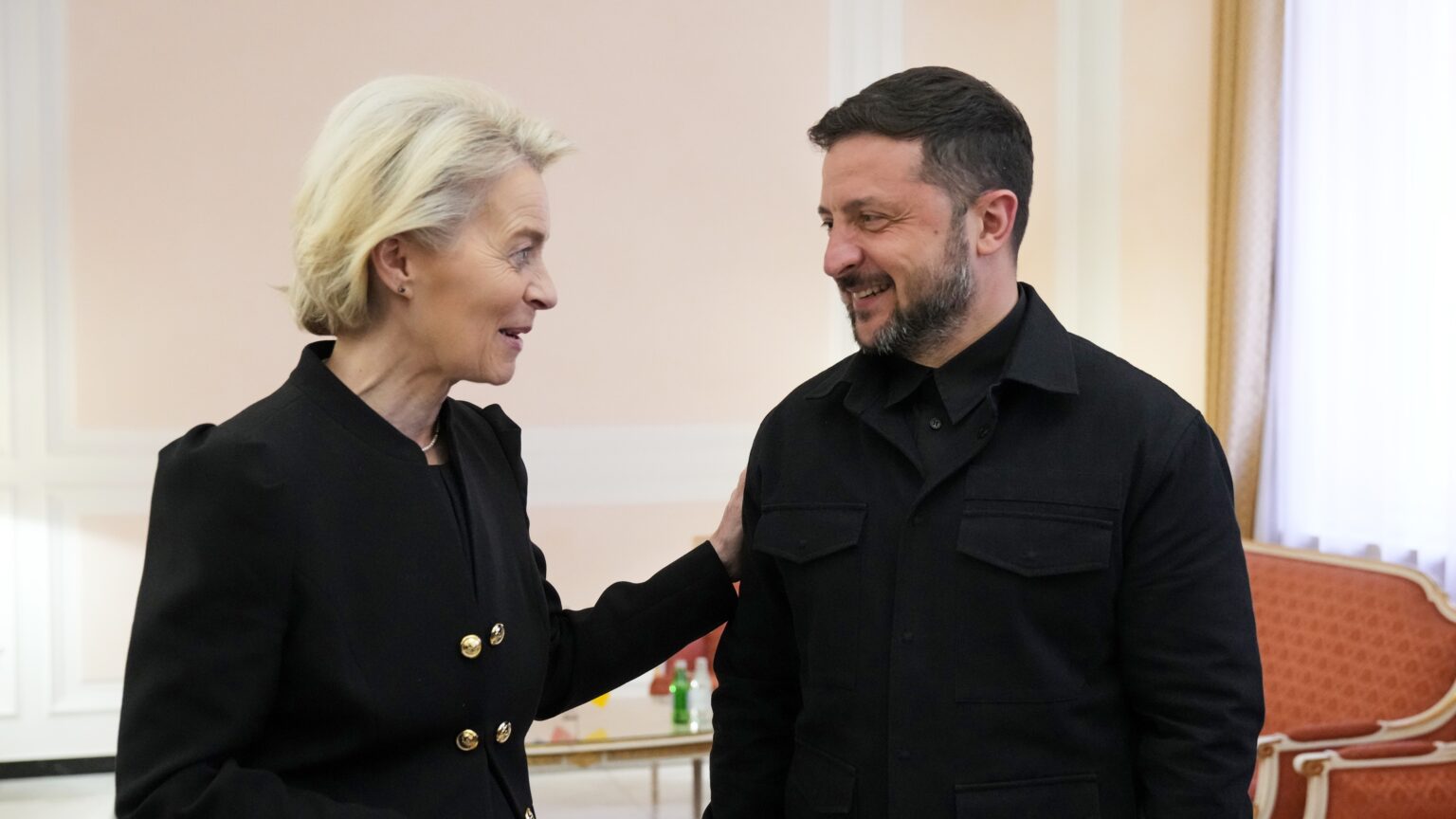
Ursula von der Leyen reaffirmed strong EU support for Ukraine’s war effort and reconstruction, prompting criticism from Hungary’s political director, who accused Hungarian opposition parties of backing foreign interests over national ones.

‘The third-generation Q3 launch underscores Audi Hungaria’s strategic role in both the global automotive market and Hungary’s industrial landscape.’
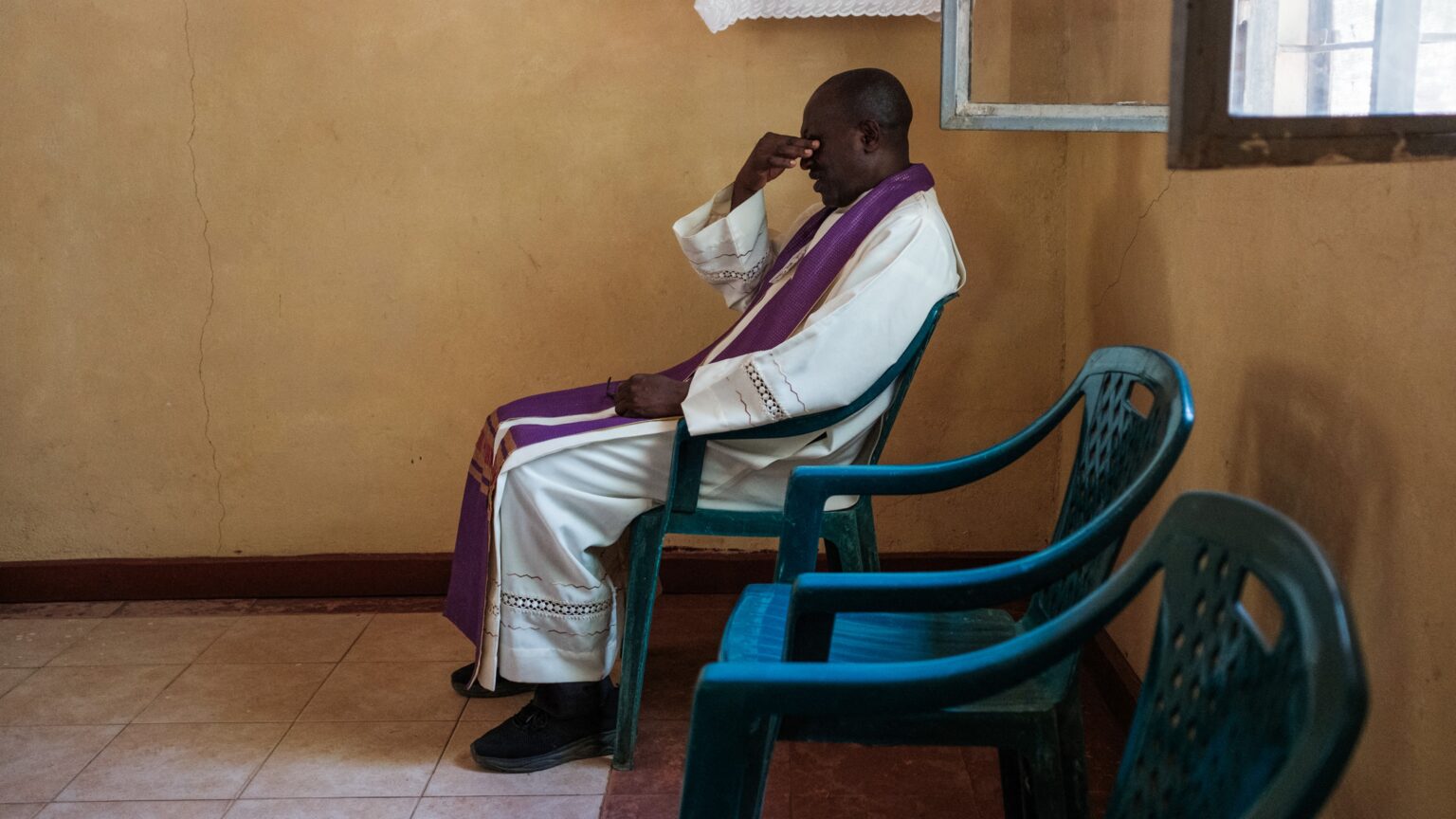
‘Christian leaders in Sudan have urgently appealed for help, calling on the global Church and the international community to intervene. Many feel abandoned, with their suffering overshadowed by other global crises. Nevertheless, our Christian brethren continue to hope against all odds—trusting in a loving God who reminds us that the end of all things is not in this world.’

Hungarian Conservative is a quarterly magazine on contemporary political, philosophical and cultural issues from a conservative perspective.